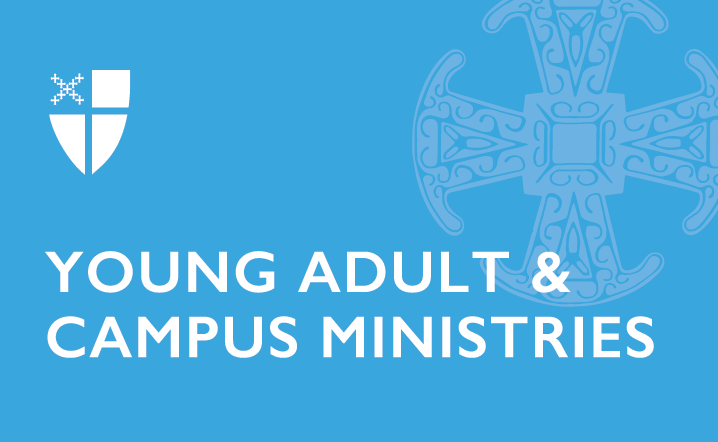Progress at UNCSW: Christopher Esposito-Bernard (Diocese of New York)
“Why are they sending you?”
My mother’s question poked with an edge of suspicion. Undoubtedly, she was still reeling from the GOP’s decision to deny women from testifying before congress and allowing five MEN to compromise, I mean, comprise the panel designed to talk about women’s health issues.
Fortunately for me, the United Nations identified male engagement in gender equality as an emerging topic – which is the short answer to the question above. But her question has been following me for weeks and was very much on my mind during the days were the Episcopal delegates were trying to make a difference.
To be honest, I’m not sure I can articulate what we did or what will come from our presence at the United Nations. I know that I had great highs and significant lows. I know that I was pushed to the brink of my emotional spectrum. I was grateful when older, wiser women welcomed me into the conversation. I was discouraged when other women said I didn’t belong. I was inspired to hear incredible stories of women overcoming cultural boundaries in gender reconciliation. I was devastated to hear that men were not doing nearly enough to treat women with the basic decency and respect the Christian life demands of us. I was beyond frustrated when I heard some women replacing one form of sexism for another.
The sad truth is that we are not there yet. Violations against women are vast and growing. Sex trafficking is on the rise. People still don’t have enough food to eat or clean water drink. People don’t have access to basic health care or education. The world is not in a good place.
But I was able to sneak into an under 18 meeting hosted The Working Group on Girls. To my surprise, there were a notable percentage of boys in the room. True to the name of the event, it really was a dialogue between girls and boys. At the event, a panel of people, all under the age of 17, spoke about their efforts to embrace their talents and not let traditional gender roles define their dreams and desires.
They also released two documents for the CSW: one from the girls and the other from the boys. The girls document clearly identified some of the crucial issues: decrease violence against women, “educate men and boy on the value of girls,” and delaying the legal age for girls to be married. The “Girl’s Statement” was clearly geared towards governments and political powers. But the “Statement of the Young Men” was geared toward the CSW itself. It said:
As young men, we demand to be included in the discussion and advancement of women and girl’s rights internationally. As much as men are part of the problem, we are also part of the solution. We need to reframe the discussion from a women’s issue to a human issue, where men and women, boys and girls can collaborate constructively to solve the obvious injustice that is inequality. As youth, we have a fresh and unique voice that provides creative and new solutions, as witnessed in the Arab Spring.
While the voices of the next generation are far from perfect, and the abbreviations and acronyms used as common rhetoric make me cringe, I can’t help but be encouraged by the voices rising behind my generation. Even if it does take another 50 councils to address the issues surrounding the status of women, I know that we have indeed made progress, we have changed minds, we have caste a new vision for what gender equality looks like for the future, and we will continue to until the CSW is no longer needed.
Filed under: UNCSW

